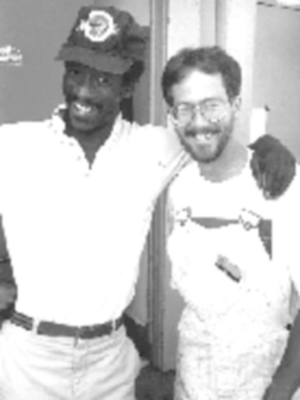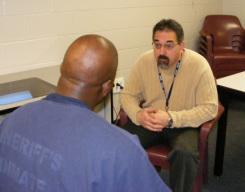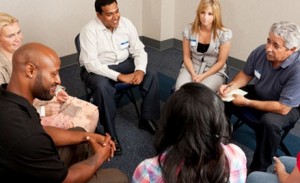Listen and Encourage
A word fitly spoken is like apples of gold in pictures of silver. Heaviness in the heart of man maketh it stoop: but a good word maketh it glad. Hope deferred maketh the heart sick: but when the desire cometh, it is a tree of life. A man hath joy by the answer of his mouth: and a word spoken in due season, how good is it! Proverbs 25:11, 12: 25, 13:12, 15:23, King James Version

Something very exciting and wonderful happened to me last night and I felt like I was going to explode with happiness but there was nobody around that I could share it with so I lost some of the joy and excitement that I was feeling. It was like someone had taken a pin and pricked a balloon and some of the air went out of the balloon.
While it is important that we listen to people when they are hurting, I believe it is just as important, if not more important to listen to them when they are excited. If we stay on the mountain tops of happiness, excitement and joy, we will spend far less time down in the valleys of despair, hopelessness, depression and discouragement.
Don’t let anyone tell you that it is impossible to stay on the mountain tops because that is a lie straight from the pits of hell! Yes, we will have times of discouragement, loneliness and despair due to difficult circumstances, heartaches, criticism, ridicule, scorn and sarcasm. However if Jesus lives in our hearts, He will be faithful to once again refresh our hearts with His understanding, joy, unconditional love, happiness, mercy, grace and kindness. Indeed, Jesus is able to keep us on the mountain tops.
Two years ago, I received an email from a pastor who was very discouraged and hurting. He told me “I preach my heart out and nobody says “Amen,” smiles or laughs at the humorous points in my sermons.” He said that he had been the pastor at this church for five years and no one had ever invited him and his wife to dinner. The pastor told me “I love God and it is my desire to serve Him, but I am human and sometimes I get very discouraged. Would you please pray for me?” How my heart went out to Him!
Listen and Encourage Read More »



 meetings regularly, stopped going. After a few weeks, her sponsor decided to visit her. It was a chilly evening and the sponsor found the sponsee at home alone, sitting before a blazing fire.
meetings regularly, stopped going. After a few weeks, her sponsor decided to visit her. It was a chilly evening and the sponsor found the sponsee at home alone, sitting before a blazing fire. crucially important. In addition to the resources of a therapist and/or a support group, having a safe community of people with whom to worship and learn can be a big help.
crucially important. In addition to the resources of a therapist and/or a support group, having a safe community of people with whom to worship and learn can be a big help.


 For Christian programs that work to help addicts, the primary goal is to help them to become integrated into two vital communities — the Church and the recovery community. If our goal is truly to work ourselves out of a job, then we must make sure we are spending enough time and energy preparing our clients for life after our programs. If we don’t, we have done them a great disservice. No matter how success we are with newly sober clients, they will still leave or programs as struggling baby Christians. We must be sure that these new believers knows where to find help when they experiences struggles, even 2, 5, 10 years and more in the future, no matter where they live.
For Christian programs that work to help addicts, the primary goal is to help them to become integrated into two vital communities — the Church and the recovery community. If our goal is truly to work ourselves out of a job, then we must make sure we are spending enough time and energy preparing our clients for life after our programs. If we don’t, we have done them a great disservice. No matter how success we are with newly sober clients, they will still leave or programs as struggling baby Christians. We must be sure that these new believers knows where to find help when they experiences struggles, even 2, 5, 10 years and more in the future, no matter where they live.